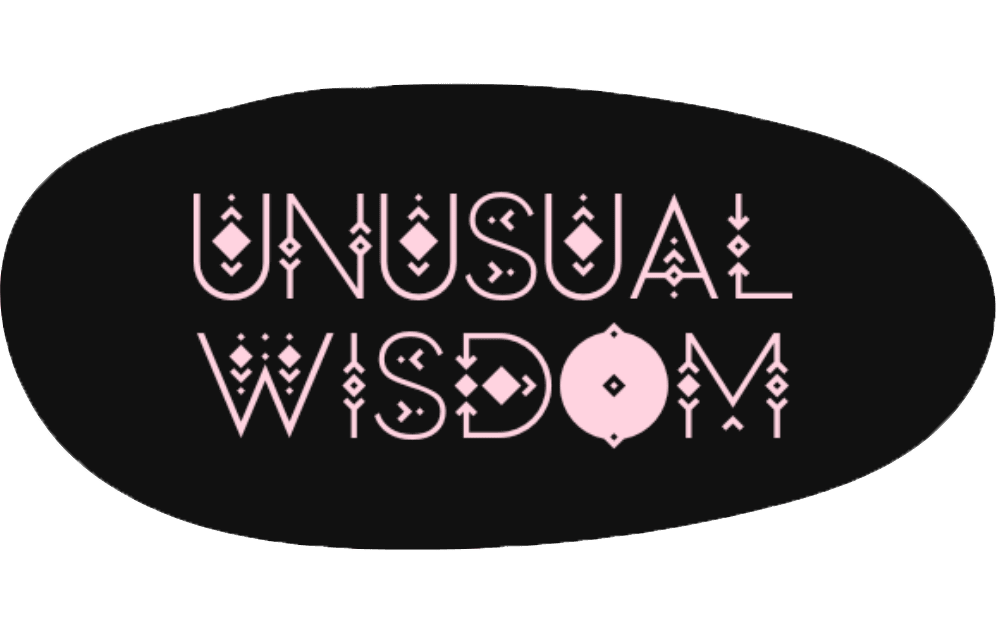Last night, I watched a film in the centre’s movie room. As I settled on the couch, I proceeded to eat a Mars Bar and buttered popcorn. Halfway through the movie, I was struck by how relaxed and free I am about my eating now. It’s been years since I’d thought anything about it, since I’d obsessed about everything I ate.
Eating a Mars Bar without calculating the kind of ‘damage’ it could do on my body is so liberating. I have been on countless diets in the past, obsessively counting calories, carb portions, fat grams, weighing myself, measuring myself, scaring myself with the imagined effects food could have on my body shape – wrecking my sense of self-worth with massive guilt and self-beating, and then neutralising the effects with diet pills, stimulants and appetite suppresants.
I now allow myself to eat whatever I want, and have found great freedom. When I was trying to control what and how much I ate, I became out-of-control. Now I have the most liberating relationship with food where I am able to enjoy the pleasures of eating without feeling guilty or getting out-of-control. My weight is healthy and stable, and I am totally rid of all stresses around food and eating.
I call the way I now eat “intuitive eating”. It requires one to develop the practice of being fully present in the body. When we’re present in our body, we would intuitively know what our body wants. The body has an intelligence, and it is giving us information about ourselves all the time. If we were to tune in to what it is saying to us, we would gain a lot of self-awareness.
To get to the point of intuitive eating, however, we need to first address the issues that drive us to have an unhealthy relationship with food (see below). Throughout my struggles with eating disorders, I’d measured my entire self-worth by how I looked. Since my image of my body was so bad, my self-worth was virtually zero.
Food was a scapegoat. If I didn’t have food to focus on and blame for all my insecurities, I’d have to turn my attention onto myself and examine what exactly was going on in me. That is why attempting to change our habits around food without examining our deeper issues rarely works in the long run.
My way of intuitive eating extends to the rest of my life. When we are present and attuned to the needs of our body, that strong connection to ourselves enables us to be guided by our own innate wisdom – through our bodily responses, emotions, inspired thoughts, knowingness, premonitions, visions and spiritual insights. By relaxing into and trusting the wisdom of our body, life becomes a joyful experience where we are simultaneously in control and in surrender to a greater intelligence.

There is a workbook available in my Store that guides you through a deep self-awareness exercise around your relationship with food. See Heal Your Relationship With Food, Heal Yourself






